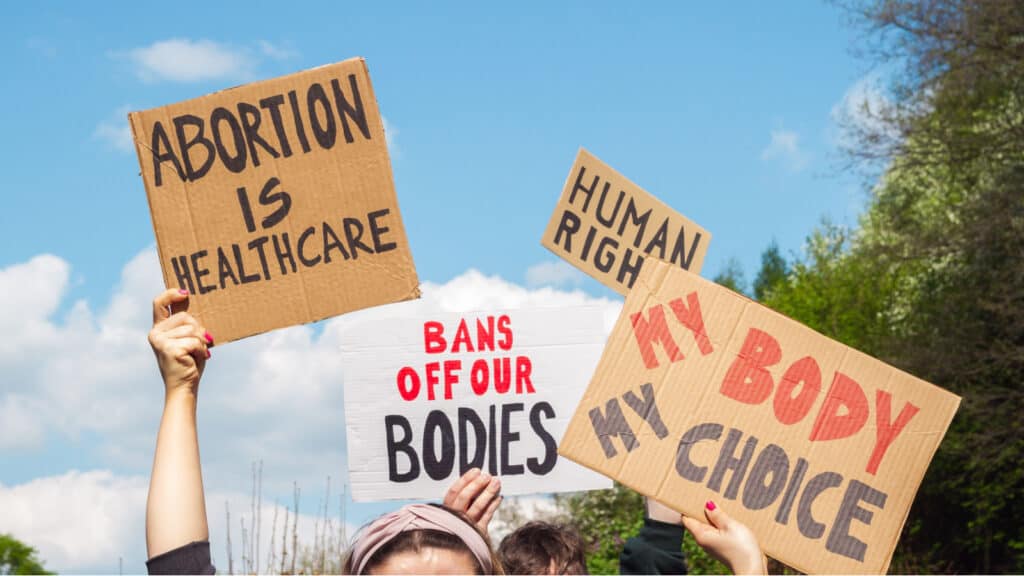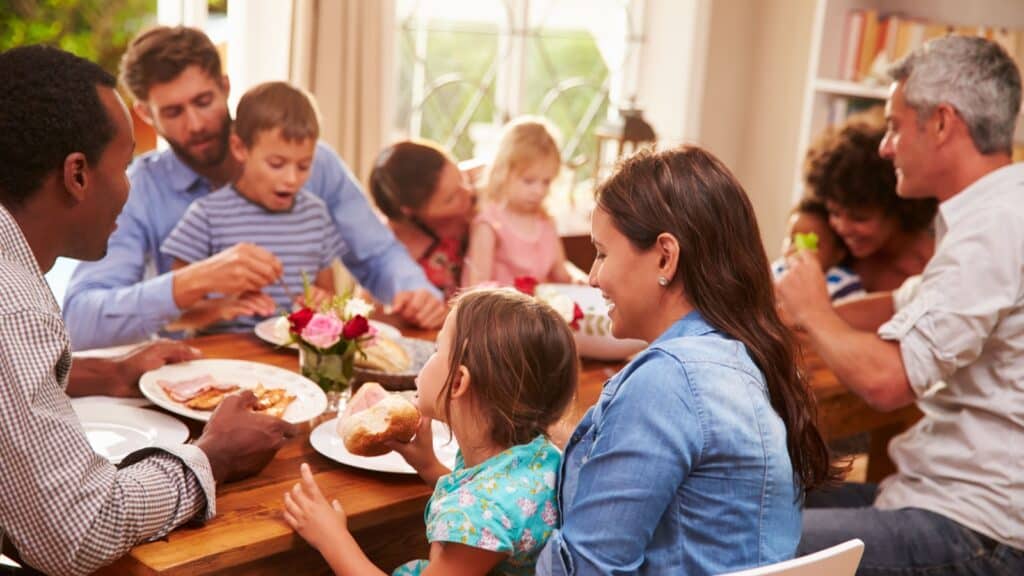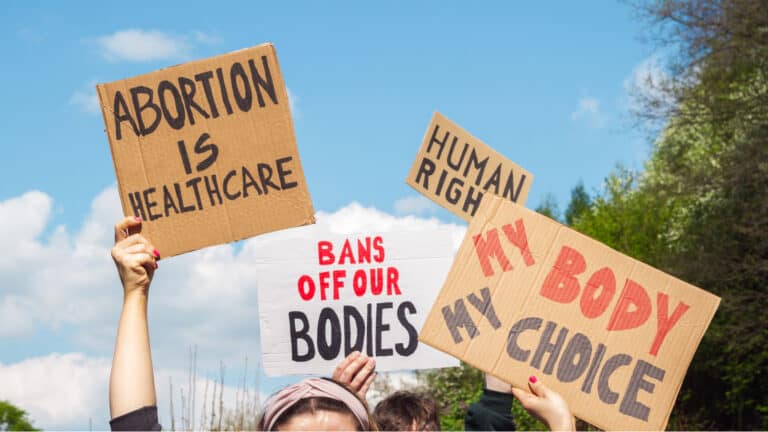Why Not Having Kids Is Something You Should Seriously Think About
Choosing to not have children is a significant decision that can impact various aspects of one’s life, from personal fulfillment and freedom, to financial stability and environmental considerations. This choice, often referred to as childfree living, is becoming increasingly recognized and respected as a valid lifestyle option. Here are several reasons why not having kids is something you should seriously think about.
Who Is Not Having Children?

According to Pew research, a significant portion of childless adults in the U.S. under the age of 50 do not expect to ever have children. Specifically, 56% of non-parents younger than 50 who say it’s unlikely they will have children someday report that they simply do not want to have kids.
Approximately 73% of young women reported they do not feel pressured by their parents to have children, indicating a shift in societal expectations and personal choices regarding family planning.
Low Birthrates Are The Norm

The Washington Post reports that the birthrate in the U.S. remains near record lows, reflecting a broader trend of Millennials choosing not to have children. This trend is influenced by various factors including economic conditions, changing family dynamics, and personal choice.
Personal Fulfillment and Freedom

Living childfree allows individuals to focus on their personal growth, ambitions, and hobbies without the constraints and responsibilities that come with parenting. This lifestyle can offer more opportunities for travel, career advancement, and pursuing passions that might be difficult to balance with raising children.
Financial Stability

Raising a child can be incredibly expensive, with costs including healthcare, education, and daily living expenses. Choosing not to have children can lead to greater financial freedom, allowing for more disposable income to be spent or saved as one sees fit. This can also contribute to achieving financial goals such as early retirement or owning a home.
Student Loan Debt

The burden of student loans is significant for many young people, limiting their financial freedom and contributing to the decision to delay or forgo parenthood.
Environmental Considerations

Choosing not to have children is also seen by some as a way to reduce one’s carbon footprint. The environmental impact of raising a child in developed countries can be significant, contributing to overpopulation and the depletion of natural resources. By opting not to have children, individuals can play a part in mitigating environmental degradation.
Ethical Considerations

The ethical debate around bringing children into a world facing significant challenges, including climate change, social inequality, and political instability, influences some people’s decision to remain childfree.
Changing Gender Norms

Shifts in gender norms and the roles of women in society have led to a reevaluation of the traditional expectation of motherhood as a defining aspect of womanhood.
Delayed Life Milestones

Young adults are reaching traditional life milestones, such as stable employment, marriage, and homeownership, later in life, contributing to the delay or reconsideration of parenthood.
Social and Emotional Well-Being

Childfree individuals often report higher levels of happiness and satisfaction in their relationships. Without the stress and demands of parenting, couples can focus on their relationship, spending quality time together and maintaining a strong bond. Additionally, the freedom from parenting responsibilities can lead to lower levels of stress and better mental health.
Influence of Social Media and Child-Free Communities

The visibility and support for child-free lifestyles through social media and online communities have provided validation and encouragement for those considering this choice.
Contribution to Society

Choosing not to have children doesn’t mean living a life devoid of meaningful contributions to society. Many childfree individuals invest their time and resources into volunteering, mentoring, and other forms of community engagement. This can lead to a fulfilling life that benefits society in different ways than parenting might.
More Social and Psychological Factors

- Concerns About Work-Life Balance: The challenge of balancing career aspirations with parenting responsibilities is a significant concern, especially as both parents are more likely to work out of necessity or desire.
- Psychological Readiness: Some individuals feel they lack the psychological maturity or self-confidence necessary for parenthood, preferring to wait until they feel more prepared.
Personal Choice and Autonomy

Ultimately, the decision not to have children is a deeply personal one that reflects an individual’s values, desires, and circumstances. Respecting this choice is crucial, as it is about exercising autonomy over one’s body and life path. Society’s increasing acceptance of diverse life choices, including the decision to be childfree, underscores the importance of personal autonomy in leading a fulfilling life.
The Takeaway

Choosing not to have children is a significant decision that comes with a range of benefits, from personal and financial freedom to contributing to environmental sustainability and societal well-being in unique ways. It’s a choice that deserves careful consideration and respect, as it reflects an individual’s right to determine their own path to fulfillment and happiness.
These statistics collectively suggest a trend among young people, particularly in developed countries like the U.S., towards reconsidering or delaying parenthood. Economic factors, personal freedom, and changing societal norms are significant influences on these decisions.
What We Can All Learn From Polyamorous Parents

It’s been 10 years since journalist Jennifer Senior observed in her book All Joy and No Fun: The Paradox of Modern Parenthood that, according to many studies, parents aren’t happier than the child-free “and in certain cases are considerably less happy.” Since then, it doesn’t seem like much has changed for parents. READ: What We Can All Learn From Polyamorous Parents
Join Us

Join us on this empowering journey as we explore, celebrate, and elevate “her story.” The Queen Zone is not just a platform; it’s a community where women from all walks of life can come together, share their experiences, and inspire one another. Welcome to a space where the female experience takes center stage. Sign up for our newsletter so you don’t miss a thing, Queen!







